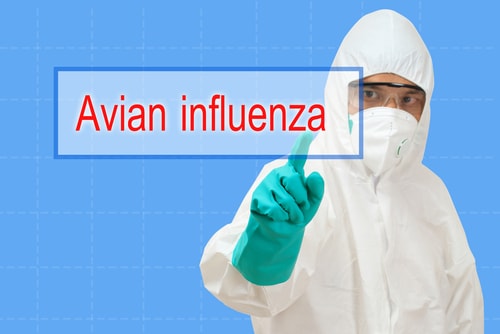No new cases detected in more than a month
By Diego Flammini, Farms.com
Despite no new cases of H5N2 being detected for over a month, U.S. Secretary of Agriculture Tom Vilsack isn’t ready to declare the outbreak officially over.

In an interview with The Associated Press, Vilsack said the warmer weather tends to kill the virus, allowing poultry producers in the Midwest to catch a break.
However, as the temperatures begin to cool off, there’s a chance the disease could re-emerge as birds begin flying south.
Vilsack said his staff need to be very aware and take all precautions to prepare for another potential outbreak in the fall.
Secretary Vilsack is expected to meet with poultry groups in Des Moines, Iowa next week. While there, discussions on improved biosecurity and the outbreak’s impact on poultry exports will take place.
Another topic of discussion will revolve around the progress of the vaccine currently being researched by the USDA.
Research on the vaccine started in April, but an update in early June suggests the vaccine doesn’t work well enough to be used in emergency situations.
The USDA’s Animal and Plant Health Inspection Service said the vaccine doesn’t fight well enough against the H5N2 virus. It’s estimated that four in 10 birds are left unprotected even with the vaccine.
The bird flu outbreak has cost American poultry producers nearly 48 million birds between Iowa and Minnesota. It could cost the USDA approximately $500 million in compensation and cleanup efforts.
Join the conversation and tell us the bird flu’s impact on your farm.